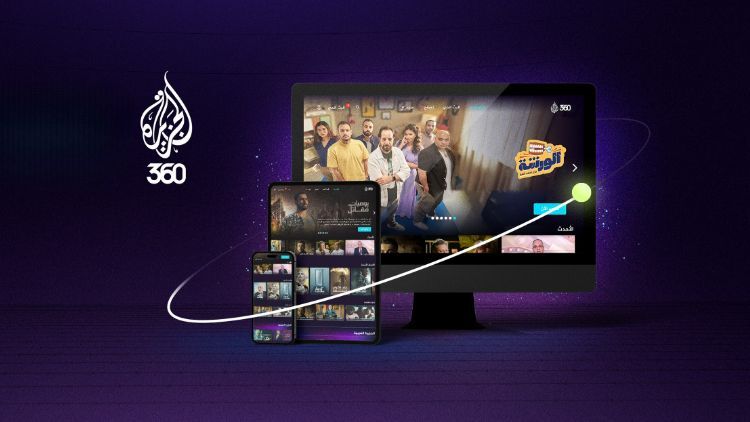
Ooredoo Qatar has said “technical issues” resulted in some customers waking up this morning to find several popular internet sites, including Hotels.com and Blogspot.com, blocked.
Attempts to access the sites resulted is some internet users – which appeared to be limited to Ooredoo fixed-line customers – seeing the country’s standard “Oops – This site has been blocked” message on their screens:
@OoredooQatar ..recipe website it is not opening and it says block because of content. Could you please check and fix asap
— 💞 Hello 💞 (@ItsMeA07) February 11, 2015
Is there an issue with websites in #Qatar? Hotel sites seem to be blocked by @OoredooQatar. @dohanews
— Andrea Buenafe (@abuenafotos) February 11, 2015
@dohanews a lot of websites and blogs seem to be blocked by Qatar's ISP this morning! Any news on this? Even Hotmail is blocked!
— Epic Writing ~ KH (@Khadalina) February 11, 2015
@OoredooQatar Can you let me know why @iloveqatar is getting the censored screen? http://t.co/7S5cehzr7z
— Khalifa Al Haroon – Mr. Q (@iloveqatar) February 11, 2015
In a written statement to Doha News, an Ooredoo spokesperson provided few details about what happened and did not address questions about the tools and policies it uses to block online content:
“This morning, Ooredoo became aware of a technical issue affecting a limited number of fixed line internet users, who had difficulty accessing some websites that were being blocked by security software. (No mobile internet users were affected).
Ooredoo worked with the vendor to resolve this issue, and the problem was corrected within one hour. Ooredoo is sorry for any inconvenience caused, but is pleased that its rapid response approach was able to deal with the problem quickly and effectively.”
The issue appeared to be resolved by mid-morning, but has served to highlight the opaque tools and triggers that block digital content in Qatar.
What’s censored
The country’s morality filters primarily block material that could be considered pornographic or critical of Islam. Reports of controversial political sites being censored in recent years have been few and far between.

Still, innocuous material such as psychology magazines and the blogging site Tumblr have previously triggered flags that prompted the sites to be blocked.
Qatar’s telecom watchdogs – ictQatar and the recently formed Communications Regulatory Authority – have said they are not involved in censoring online content.
Instead, officials said law enforcement authorities set rules on what is permissible and leave it up to telecom service providers to comply.
“We don’t get involved in (advising service providers on blocking internet sites),” an unnamed ictQatar spokesperson told the Gulf Times in 2007, continuing:
“Qtel (which has now been renamed to Ooredoo) does it in accordance with the guidelines issued by the law-enforcing authorities in Qatar … Qtel can decide which sites need to be blocked. It is fully within its prerogative.”
After Tumblr was briefly blocked in 2011, a researcher at Harvard’s Berkman Center for Internet and Society who works on the OpenNet Initiative looked into the issue.
Helmi Noman said the decision to block the popular site was made in Canada by a company that provides filtering technology to internet service providers in Qatar, the UAE, Yemen and Kuwait.
Netsweeper categorizes Tumblr under “Journal and Blogs” but also under “Pornography,” which resulted in all blogs hosted by the service inaccessible in the countries that use Netsweeper.
It’s not clear if either internet service provider in Qatar still uses the services of Netsweeper, which does not publicize its client list.
Easing restrictions?
Based on older reports on internet censorship in Qatar, it appears regulators may be using a lighter touch than in years past.
A 2009 report by the OpenNet Initiative included the results of a “test” that attempted to access more than a dozen websites containing sensitive material.
Many of the sites that OpenNet reported being blocked at the time could be accessed today, including pages dealing with sexual and reproductive health as well as content that is critical of Islam.

Nevertheless, research in recent years has suggested that many residents support government controls on digital content.
A 2013 survey Northwestern University in Qatar of more than 1,250 nationals and expats in the country found that 57 percent agreed with the statement, “The internet in my country should be more tightly regulated than it is now,” one of the report’s authors told Doha News.
That’s slightly higher than the 50 percent of respondents from across the Middle East and North Africa who agreed with the same statement.
Meanwhile, last year, the government passed a new cybercrime law that, among other measures, contained a raft of so-called “content crimes.”
Along with covering material that was already illegal in Qatar, such as child pornography, the new law also made it illegal to “violate any social values or principles” over the internet.
There have not yet been any published reports of individuals being charged under the new measures.
Thoughts?







